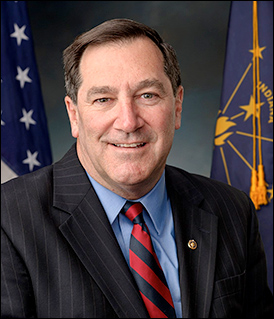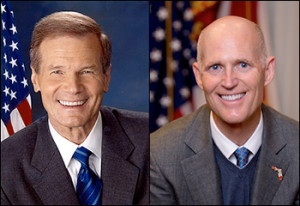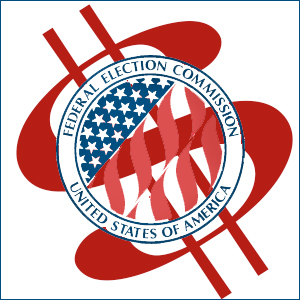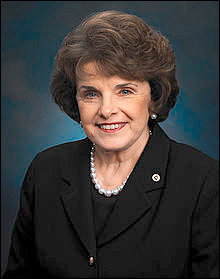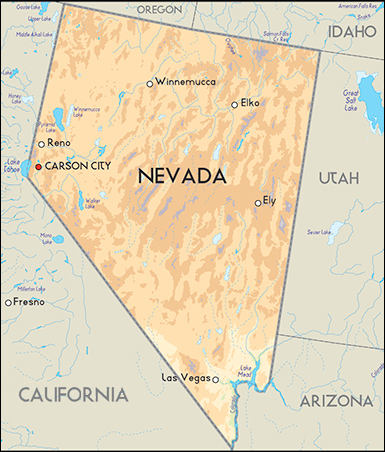By Jim Ellis
Oct. 25, 2018 — The Texas Senate race has become the premier political contest of this midterm election. With Rep. Beto O’Rourke (D-El Paso) becoming a national celebrity due to constant media attention, and now with record fundraising, this election has stretched beyond Texas and evolved into a national campaign.Though the media continually promotes O’Rourke, extensive polling has only put him ahead of Sen. Ted Cruz (R) just once during the entire election cycle. Despite O’Rourke raising an eye-popping $38 million during the last quarter, an all-time record for any Senate race, Cruz’s margins are actually growing.
During this calendar year, 35 polls have been conducted of the Texas Senate race from 19 different polling firms. In only one, an online survey from Ipsos Reuters in early to mid-September (Sept. 6-14; 992 Texas respondents), did Rep. O’Rourke score an advantage over Sen. Cruz. In that poll, the El Paso congressman led 47-45 percent.
While Sen. Cruz held an advantage in the other 34 polls, his margin was typically small. His average support factor is 45.6 percent. He hits 50 percent or more in only 13 of the surveys. Rep. O’Rourke records an average of 41.1 percent and reaches 50 percent in one survey. While these numbers and margins clearly show weakness for an incumbent, as we pointed out when covering Sen. Claire McCaskill (D-MO) and Sen. Joe Donnelly (D-IN) in similar columns earlier this week, Sen. Cruz is demonstrating growth as the early voting period begins and Election Day draws nearer in contrast to the others who appear to be losing momentum.
In the last 10 polls, covering the Oct. 1-21 period from 10 different pollsters, Sen. Cruz averages 50.2 percent preference and posts majority support in seven of the 10 studies. Rep. O’Rourke averages 45.2 percent, leads in none, and obviously never reaches 50 percent. While Cruz maintains a consistent edge, O’Rourke remains in position if not to score an upset, at least to record the best Democratic statewide percentage since 1990, which was the last time a Democratic candidate won a Texas statewide office.


